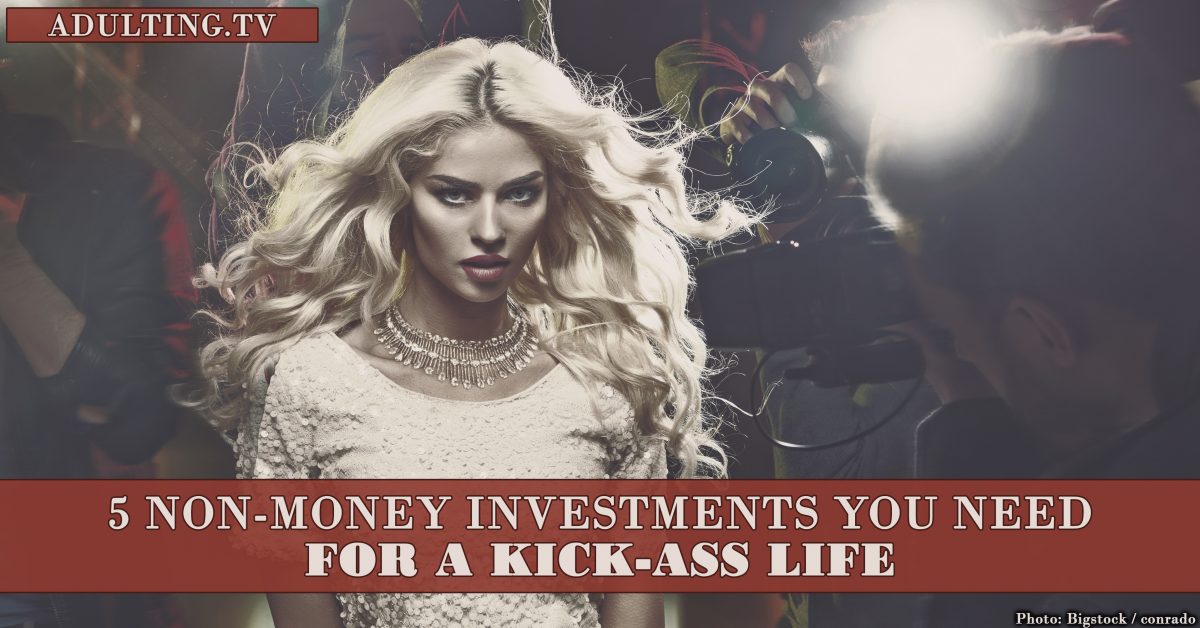When I was in high school I had a fascination with all things French.
I joined the French club. I learned to speak the language. I loved the show Les Misérables. There was something so romantic, so different about France, that I had to go there.
Sadly, I didn’t have any money.
Travel to another country.
It wouldn’t happen until several years later after college that I would travel overseas and live abroad.
It’s true that when I was a young girl I lived in Japan for two years. However, a small child doesn’t comprehend the experience of otherness that being in another country makes you feel. A small child doesn’t have the same response as an adult.
Being a young adult in a foreign country, a young American in a foreign country, was very exciting and humbling.
Living abroad is an experience that every young American should have because it helps develop an awareness of our place in the world.
Live abroad and see how the world sees us.
At the time that I write this post, we have just experienced a highly contentious Presidential election and a tough year. The U.S. has a new President and, as is the case with each new president, their vision of the world and the United State’s place in it will guide and shape their policy.
These new policies affect people. Young Americans, for the most part, live very wealthy lives compared to many people around the world. Our homes are bigger, we have electricity, and with the exception of Flint, Michigan, most of us have clean water.
We’ve experienced very little civil disruption, we have plenty of food, and most people have access to the internet.
It’s not like that everywhere.
We grow up with stories of how just and fair the U.S. is and when we step outside of our bubble we are presented with an alternative view of the history that we’ve been told our whole lives.
Leaving the U.S. to live abroad forces one to answer questions that we might not typically be asked.
We discover that some countries and citizens absolutely love the U.S. and other countries… not so much.
Travel puts us face-to-face with people who are affected by the decisions that our country makes (good or bad). When you’re faced with people who are affected by policies that we feel are in our best interest, we are compelled to defend or refute a policy with a depth of reflection that we may not normally tap into during our day to day lives in the U.S.
For many young travelers being presented with a negative or positive view of the U.S. may catch you off-guard. And you may find yourself wondering if everything that we’ve been told about our country is a lie.
Not necessarily, but how one group sees a geopolitical situation may be completely different from how another group perceives it.
When you live abroad, you see the way others see us. And that’s not a bad thing. We should have more understanding with other people from other countries.
Live abroad and become “the other.”
Living in a foreign country forces people into an experience of otherness. As a person of color, I’ve been the only black person in a class or a group (on many occasions). But there are many people who’ve never had the experience of being “the other.” It can be a shocking, disturbing and somewhat disorienting experience.
Young Americans need that experience so that they can develop empathy and develop a worldliness that can only be discovered through travel and a deeper curiosity about who and what is around us.
Young Americans need to travel abroad because not everything is about us. And to learn that life lesson, we have to venture beyond our borders. Those adventures foster a curiosity about the world that might fuel other adventures.
That curiosity about the world and willingness to explore it as a younger person will serve you well later in life if you go into international business or politics.
In recent election cycles, voters expressed concern about candidates lacking global awareness because they hadn’t traveled or lived abroad. From a job perspective, international businesses look at global awareness through the lens of actual time spent living and exploring other places.
But, if developing a global awareness isn’t enough to entice you to live abroad, maybe the following reason will be enough: travel abroad because you can.
While you’re still single, have no kids, and basically have the least amount of responsibilities that you will ever have during your life. Of course, you can travel abroad at any age, but that first time when you have very little to lose and everything to gain, that first experience is everything.
For some people, that one experience will be enough. For others (like myself) that first trip will become addictive. And, each trip has grown my global awareness, my awareness of my role as an American citizen, and fed my lust for adventure.


![[B018] Fund Your Ideal Lifestyle ft. Clayton Daniel](https://adulting.tv/wp-content/uploads/2017/02/fund-your-ideal-lifestyle-1200x628.jpg)
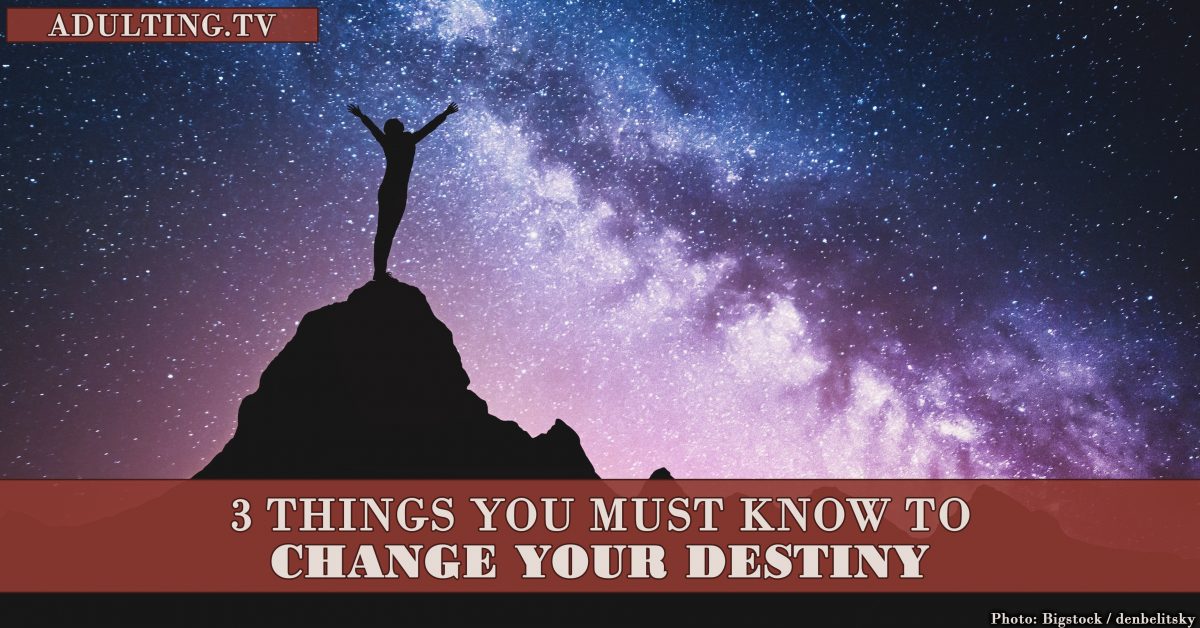
![[A058] Humility: Thrive Without Being Obnoxious](https://adulting.tv/wp-content/uploads/2017/02/a058-1200x628.jpg)
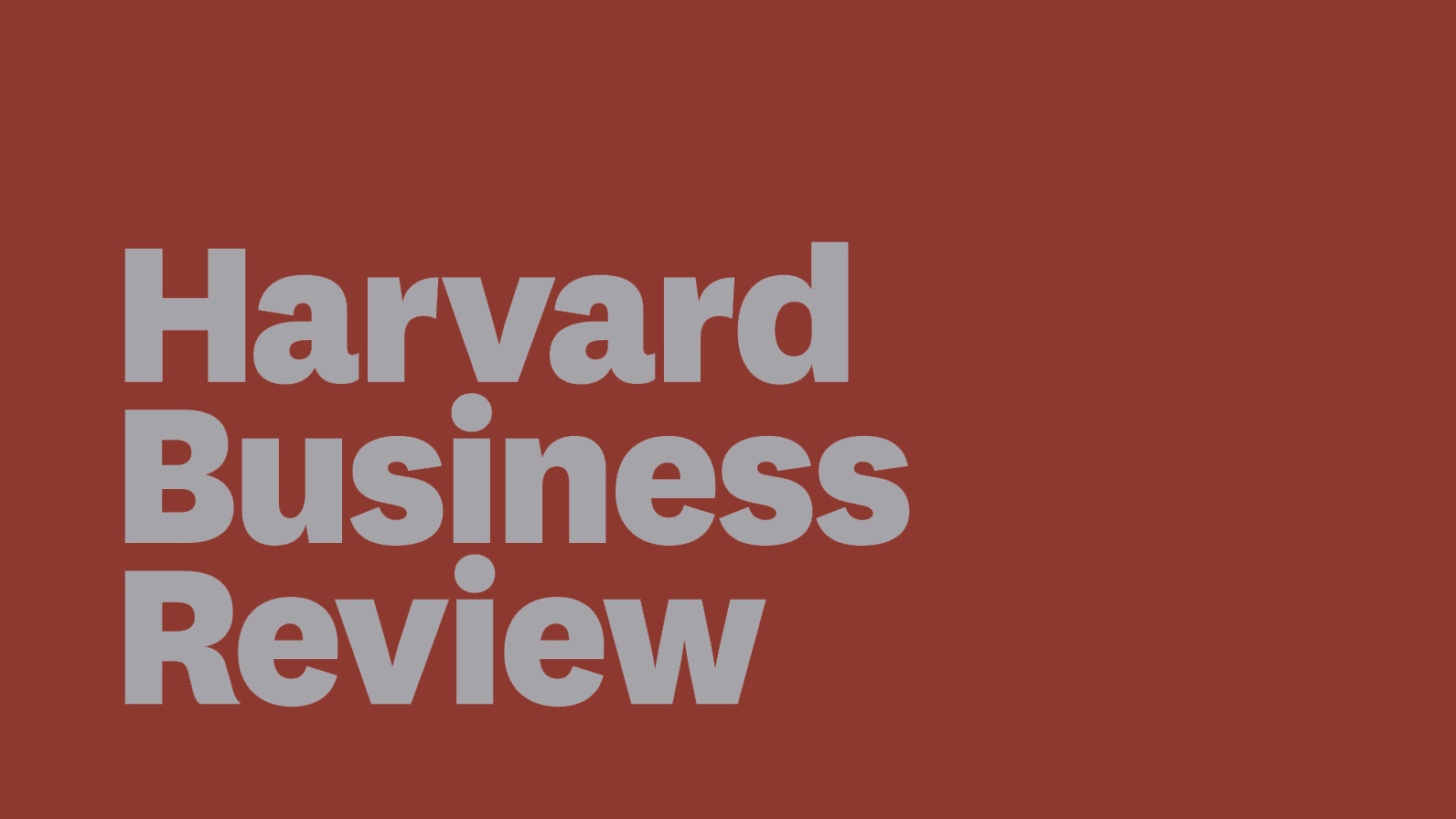



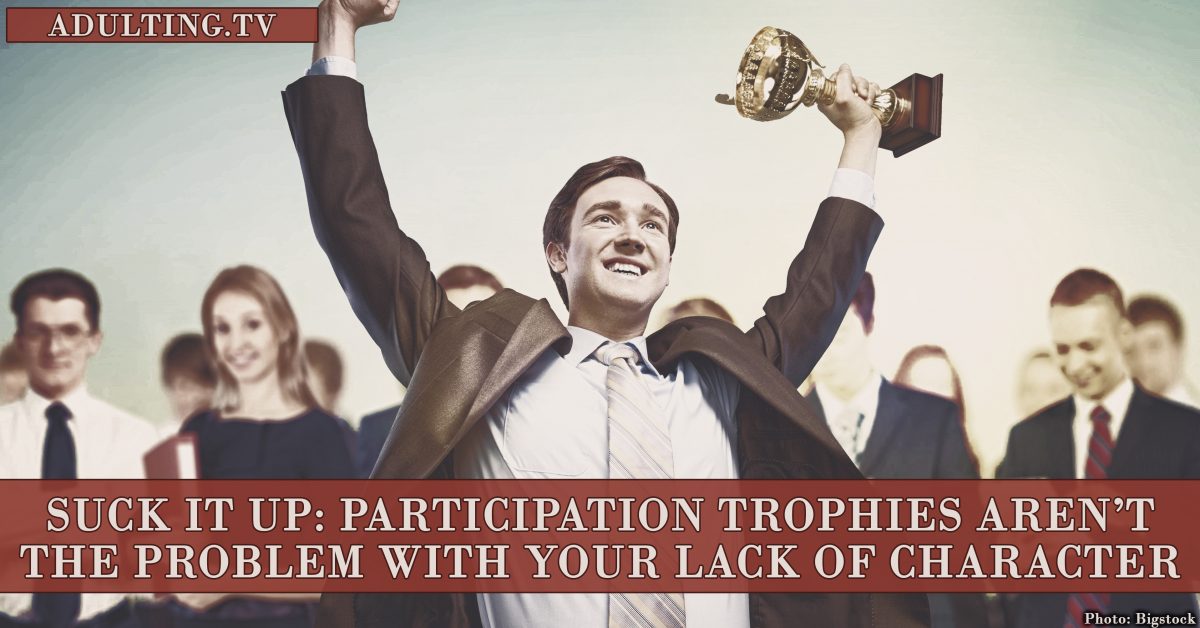
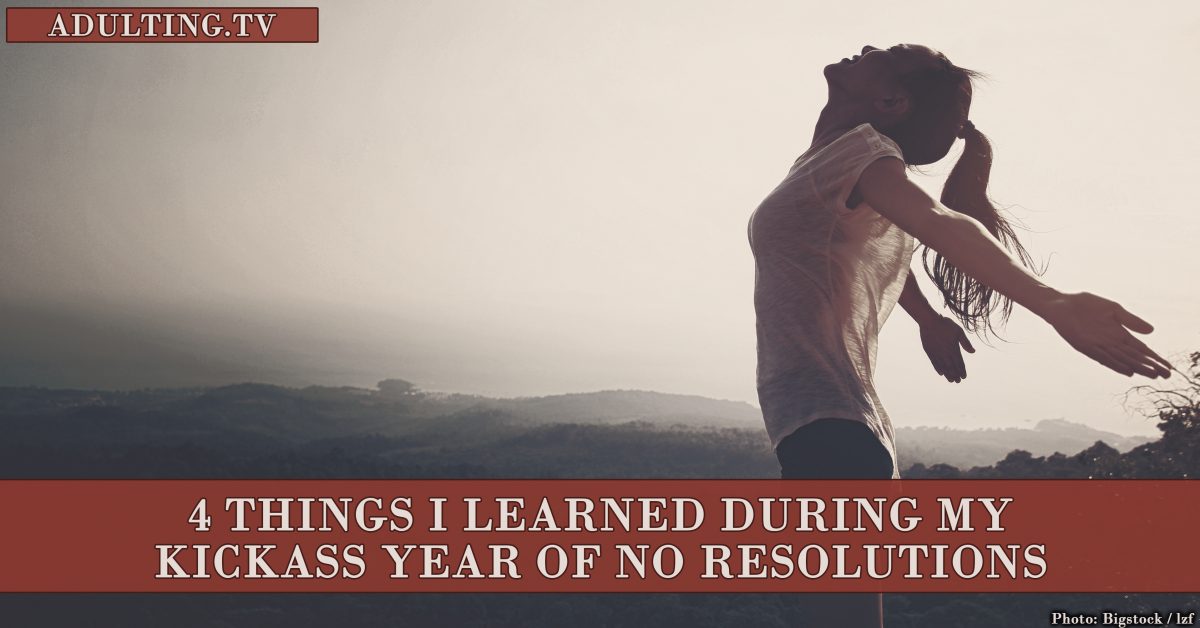
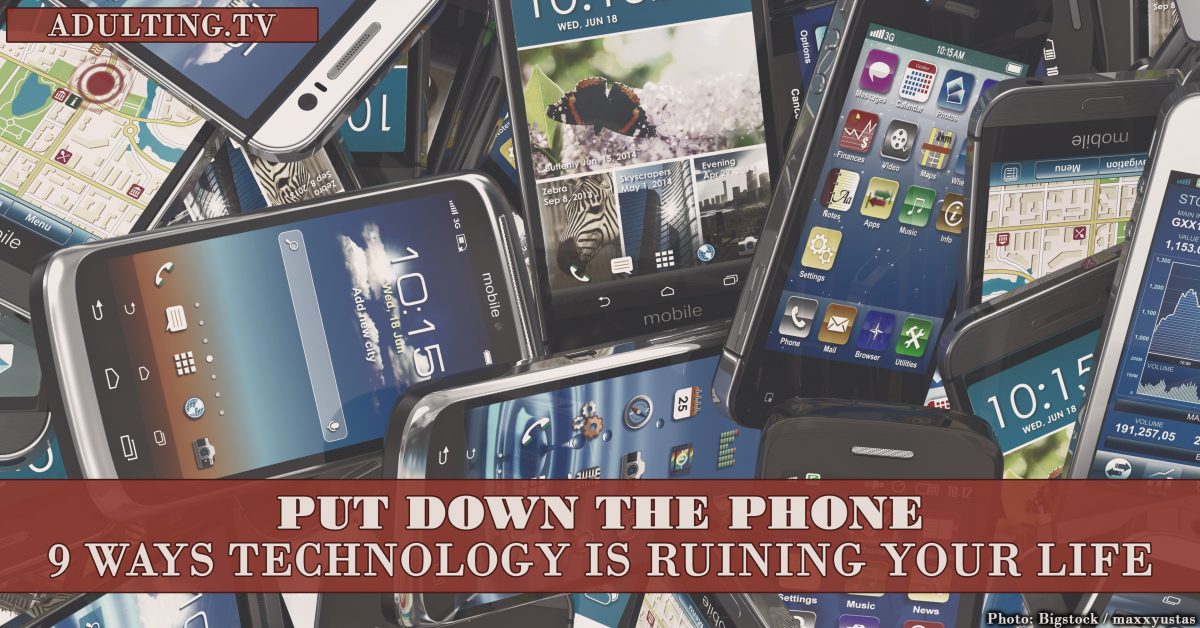
![[A050] Self-Help BS: Avoid Predatory Gurus, Experts, and Bad Advice to Find Real Help](https://adulting.tv/wp-content/uploads/2016/12/a050-1200x628.jpg)



